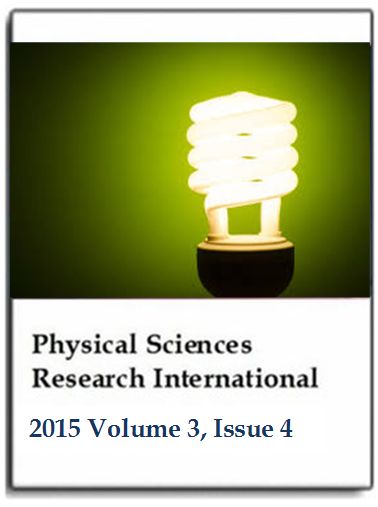Energy efficiency in buildings: Case of post graduate hostels at the University of Benin, Nigeria
N. A. Itabor, L. E. Damisah, J. O. Olatunji, T. O. Eyakwanor, O. O. Akingba and R. O. OreromePhysical Sciences Research International
Published: November 20 2015
Volume 3, Issue 4
Pages 51-58
Abstract
This paper examines the potential for energy savings in the post graduate hostels of the University of Benin and also other Nigerian higher institutions. Electricity consumption and cost profiles show a substantial difference between incandescent bulb usage and compact fluorescent lamp (CFL) usage due to the preponderant use of inefficient electrical appliances and increasing business activities within the community. A retrofitting exercise was carried out by the National Centre for Energy and Environment (NCEE), an agency of the Energy Commission of Nigeria (ECN) as part of the ECN/ECOWAS/Cuba Energy Efficiency Project. A total of 386 incandescent light bulbs with 40,140 watts were replaced with 386 CFLs of 5,404 watts with 34,736 watts as Total Energy Saved in the Keystone Postgraduate Hostel of the University of Benin, Benin City. In the Intercontinental Postgraduate Hostel, a total of 119 incandescent light bulbs with 10,020 watts were replaced with 128 CFLs of 1,792 watts. The total energy saved is 8,228 watts. Also, in the Erastus Akingbola Postgraduate Hostel, a total of 44 incandescent light bulbs with 3,600 watts were replaced with 49 CFLs of 689 watts with energy savings of 2,911 watts. This resulted in a total of 45,875 watts as Total Energy Saved from the three post graduate hostels of the University of Benin, Nigeria. Thus there can be an estimate electricity savings potential of 74.42% through well articulated and vigorously pursued energy efficiency.
Keywords: Energy savings, energy efficiency, retrofitting.
Full Text PDF
